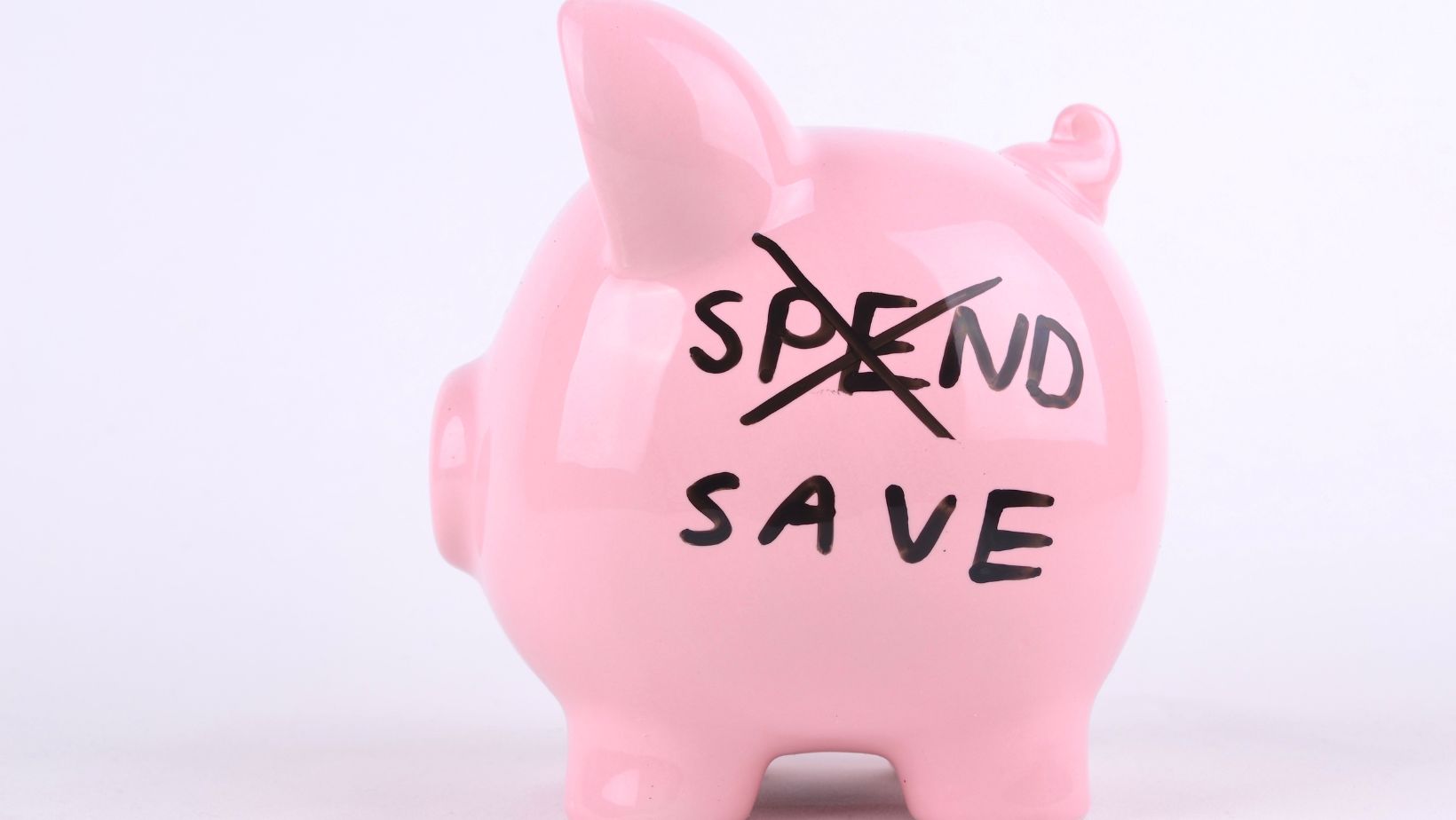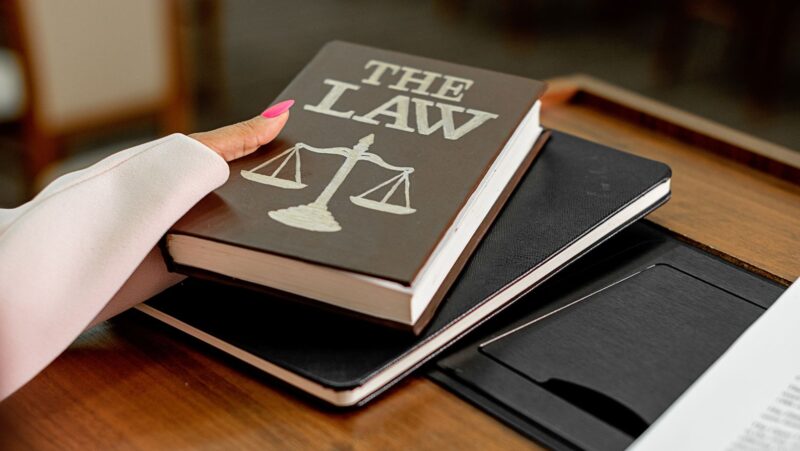
Most people think of financial audits as something only businesses do, but regularly reviewing your personal finances can be just as valuable. Small, unnoticed expenses can add up over time, quietly draining your savings.
By taking a structured approach to tracking your spending, identifying unnecessary costs, and making small adjustments, you can boost your bank balance without making drastic lifestyle changes.
Why a Personal Financial Audit Matters
Many industries rely on audits to prevent financial losses and ensure smooth operations. For example, background check services for hospitality industry employers help businesses verify employees before hiring, reducing risks that could lead to unnecessary costs.
Taking a similar approach to your personal finances—examining where your money is going and eliminating financial risks—can help you save more in the long run.
A financial audit isn’t about cutting out everything enjoyable. Instead, it’s about identifying leaks in your budget, adjusting spending habits, and ensuring your money is working for you, not against you.
Identify Hidden Costs in Your Budget
When you analyze your budget, start by reviewing your bank and credit card statements for recurring expenses you may have forgotten about. Small subscription fees, automatic renewals, or impulse purchases can add up quickly.
Consider canceling services you don’t use or finding alternatives with better value. Even small adjustments, like switching to a more affordable phone plan or meal-prepping instead of ordering takeout, can free up extra cash.
Automate Savings for Effortless Growth
One of the simplest ways to save is by making it automatic. Setting up a scheduled transfer to a high-yield savings account ensures you’re consistently putting money aside without having to think about it.
Even small amounts—like rounding up purchases and saving the difference—can add up over time. Automating savings eliminates the temptation to spend extra cash while helping you build financial security.
Take Advantage of Rewards and Cashback
Many people overlook free money opportunities through rewards programs, cashback credit cards, and loyalty discounts. Using these perks on everyday purchases can help you save without extra effort.
Just be sure to use credit cards responsibly and try to pay off all your balances each month to avoid interest. If you’re already spending on essentials, earning a little back can be an easy way to increase your savings.
Cut Costs Without Sacrificing Enjoyment
Saving money doesn’t have to mean giving up the things you love. Look for creative ways to reduce spending without feeling deprived.
For example, you could start using coupon apps or take advantage of discount programs for groceries, travel, and entertainment, all of which can help you to stretch your dollars further.
The fact is, many companies offer promotions and loyalty programs—you just have to take advantage of them.
A Smarter Approach to Financial Health
A personal financial audit isn’t about restriction—it’s about smarter decision-making. By regularly reviewing your spending, eliminating waste, and maximizing savings opportunities, you can take control of your finances without sacrificing the things that matter.
Small, mindful changes today can lead to greater financial security and freedom in the future.









